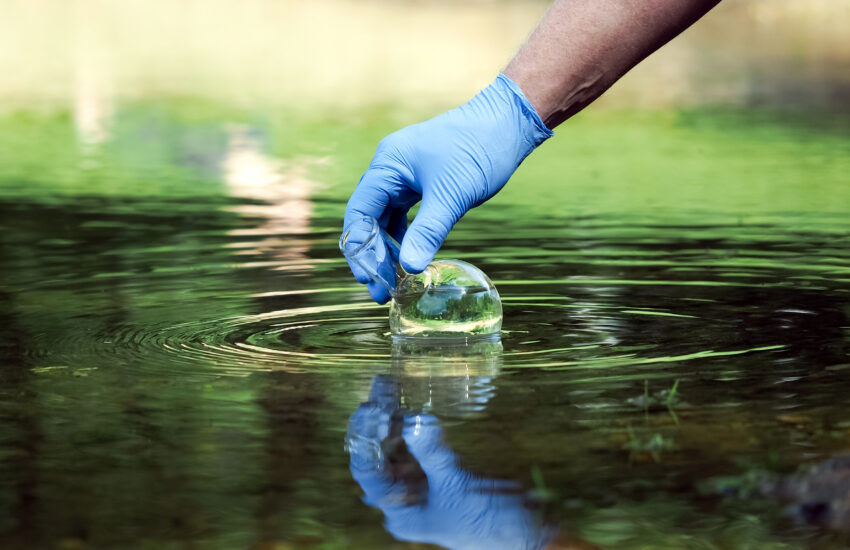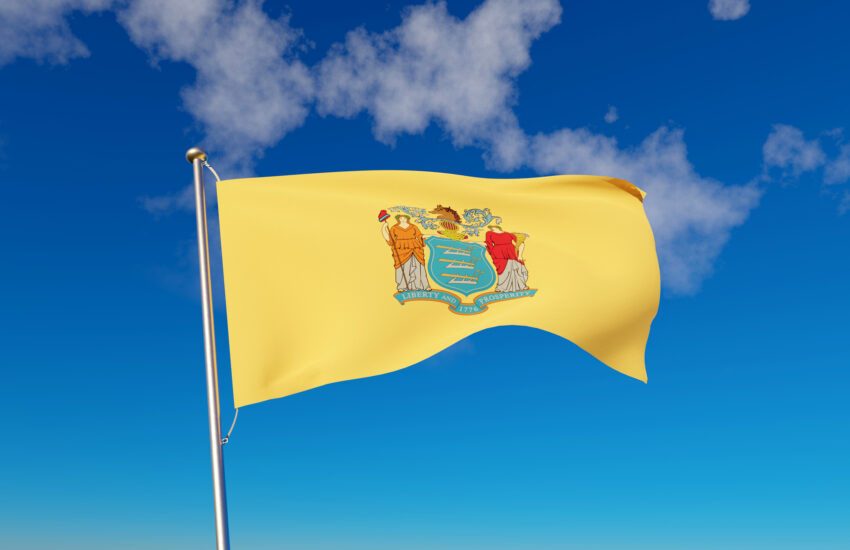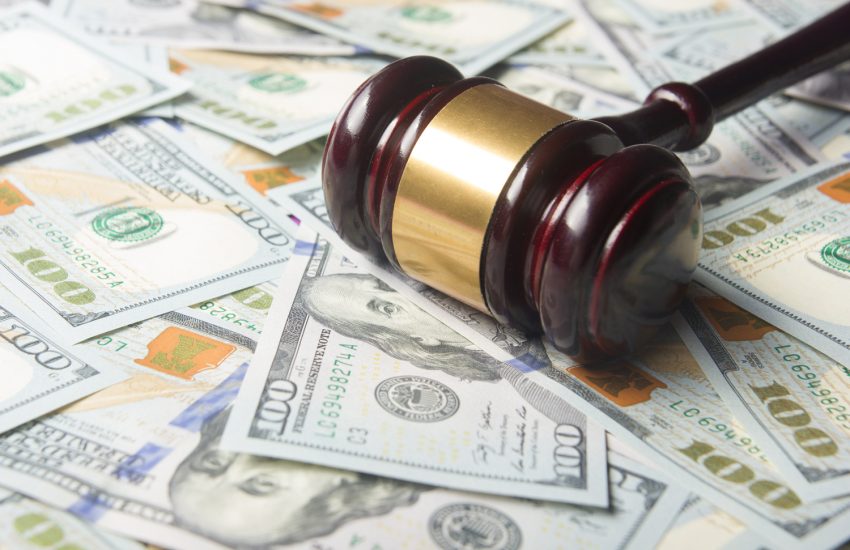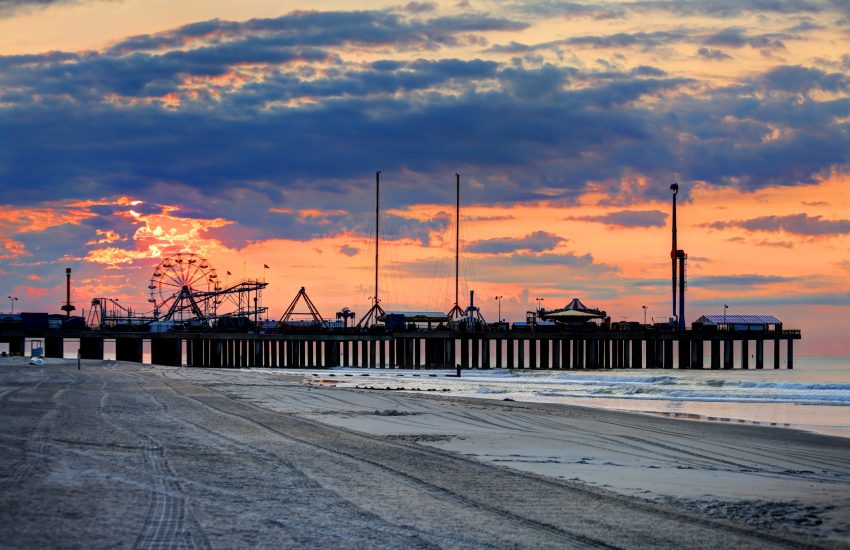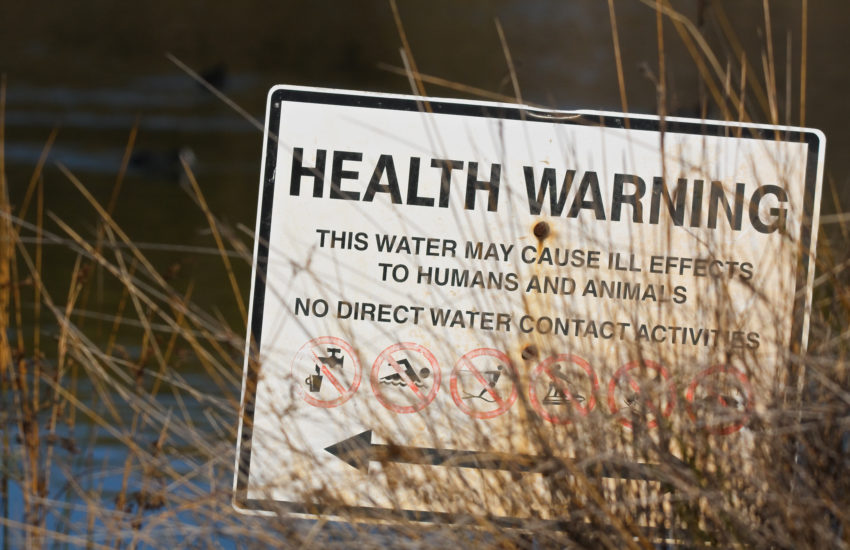A high-stakes environmental trial is unfolding in New Jersey, where the state is taking on E.I. DuPont de Nemours and its related entities over widespread PFAS contamination at the former Chamber Works facility in Salem County. The outcome of this case — one of the most closely watched environmental proceedings in the country — could have a significant ripple effect on how other states pursue PFAS-related claims and how corporate defendants approach these increasingly high-profile cases.
In this case, New Jersey alleges that DuPont and …
Continue Reading
